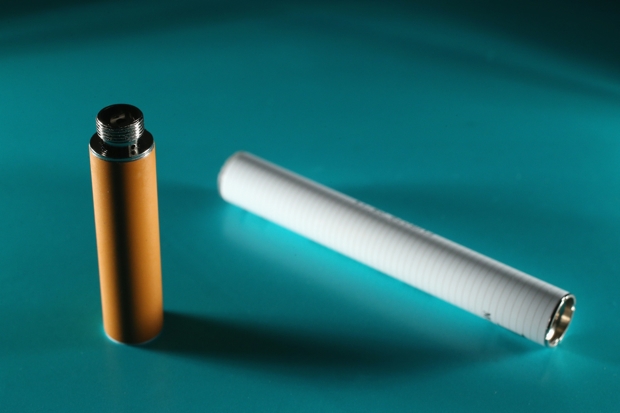The lot of the snarky health-science debunker is not a happy one. It involves going to a lot of newspaper websites actively seeking out stories that will annoy you, and getting annoyed by them, and then writing about how annoyed you are. Look, here’s a piece that claims some food or other makes you live longer, based on how some chemicals responded to some other chemicals in a petri dish. Look, here’s a piece which claims substance X causes cancer in the headline, and then admits in paragraph 19 that it does no such thing. Look, here’s a piece which takes the results of a trial in mice and reports it as though we’re talking about humans.
So, for once, it is nice to be able to show a piece – in a newspaper which is particularly notorious for health bullshit – which actually gets a lot of this stuff right. Today, let’s celebrate a journalist in the health section of the Daily Mail doing her job responsibly and well.
‘Some e-cigarettes may release more cancer causing chemicals than regular tobacco, study suggests,’ says the headline. Before we go any further, bask in that. Not ‘e-cigarettes worse than normal cigarettes, say scientists’; not ‘e-cigarettes cause more cancer than B&H according to boffins’. But some e-cigarettes (not all) may (not will) release more cancer-causing chemicals (not ’cause more cancer’) than regular tobacco, study suggests (not ‘says’ or ‘proves’). All the right caveats in all the right places.
Even better, right there in the bullet-point standfirst it says ‘However the research, done in test tubes, does not prove a health risk’ and ‘Also does not mean e-cigarettes are better or worse than regular ones.’ And by the time you’ve reached the third paragraph, not the 19th, it’s been explained that this only applies to one cancer-causing substance, formaldehyde; that normal cigarettes contain dozens of other cancer-causing substances; and that, again, this is not a study in humans but in test tubes, and so can’t prove anything about real-life health risks.
Of course, a headline involving the word ‘cancer’ is always going to be dramatic, and the sudden craze for e-cigarettes will make a lot of people worried, but you can’t ask journalists to deliberately make their headlines boring (unless they’re American). Here is an article which could so easily have been unreasonably sexed up, but wasn’t, and instead offers an impressively calm run-down of the relevant facts.
What’s weird to me is that it doesn’t make the piece any less readable. Maybe I’m not the target audience, but it seems such a shame that journalists and editors feel that they have to take some already interesting studies and trials – things like this which point to possible future research – and make them more than they are. It feels patronising to readers, thinking that they’ll only care about a story if it’s ‘this thing will definitely kill you’ rather than ‘this stuff is complicated, but this is an important step towards working it out’.
So. Naming and shaming gets tiresome. It’s nice, for once, to name and praise. Amanda Hodgekiss of the Daily Mail: may this herald the shape of things to come.






Comments